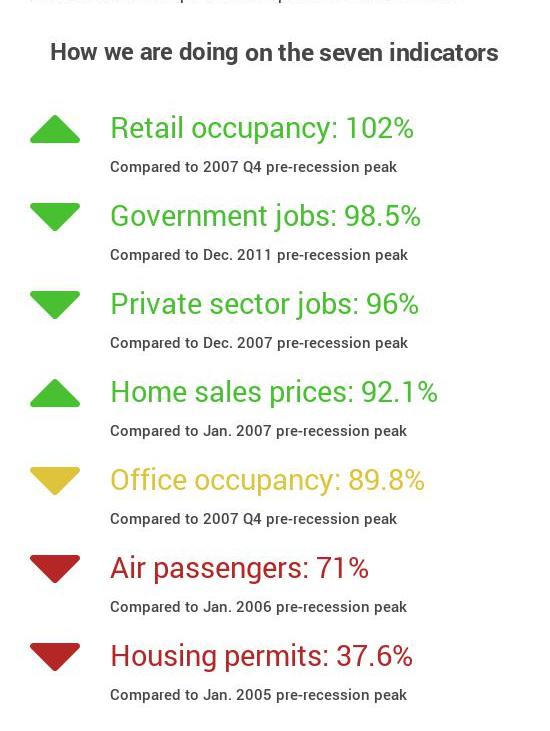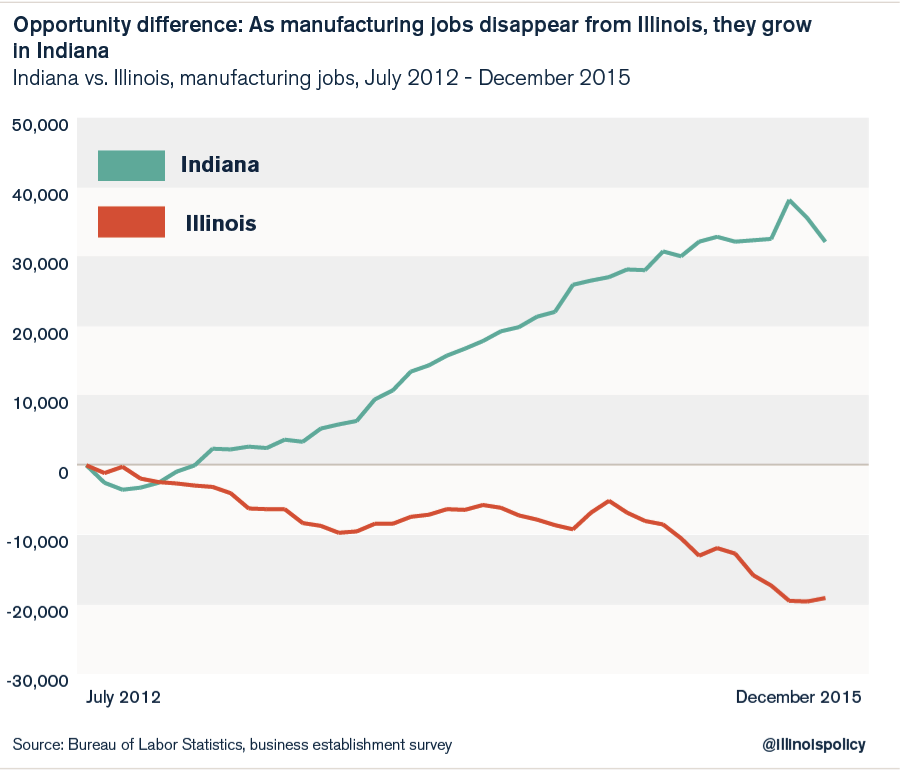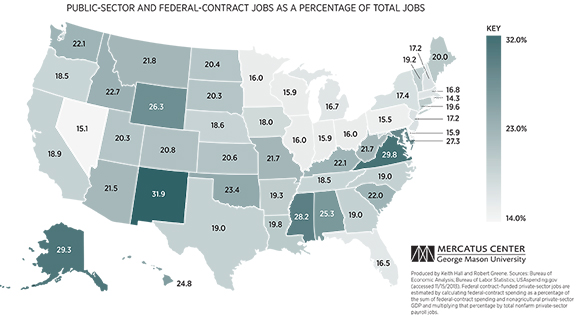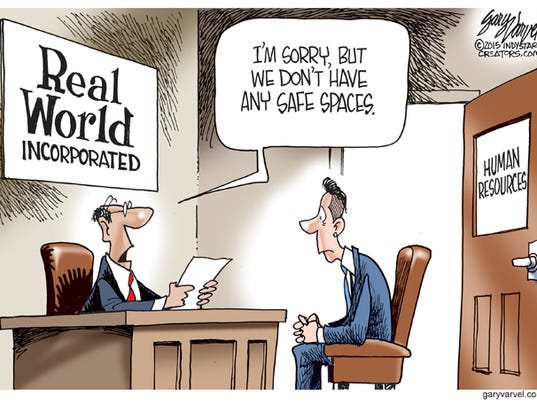
The following op-ed ran in the Albuquerque Journal on March 6th.
Taxpayer compassion is reaching its limits.
U.S. Rep. Robert Aderholt (R-Ala.) has sponsored HR 4540, a bill that permits states to drug-test beneficiaries of the Supplemental Nutrition Assistance Program (SNAP), better known as food stamps.
“If a welfare recipient has the money to buy drugs, then they have the money to buy food,” Aderholt said. “The federal government should not be enabling people to fund their drug addiction at taxpayer expense.”
Maine’s governor is asking Washington to allow his state to waive the rules that allow the purchase of candy and soft drinks with SNAP benefits.
“Multiple Red Bulls in one purchase, Rock Star energy drinks, 1-pound bag of Reese’s Peanut Butter Cups and 3 gallons of Hershey’s Ice Cream in one purchase,” an official with Maine’s Department of Health and Human Services testified at a hearing last year. “We have all seen these types of purchases occur — and it’s unacceptable.”
Here in New Mexico, Ty Vicenti, president of the Jicarilla Apache Nation, claims that “the New Mexico Human Services Department implemented a harsh federal penalty in most of the state that limits unemployed adults without children to just three months of SNAP benefits in three years unless they do 80 hours of unpaid work activity each month.”
Wrong and wrong.
The Martinez administration’s “harsh federal penalty,” as the SNAP website explains, “has been part of the law since 1996.” Welfare reform was sponsored by U.S. Rep. John Kasich, now a candidate for the Republican presidential nomination, and signed by Bill Clinton, a Democrat.
As for “unpaid work activity,” the able-bodied adults without dependents being asked to step up can be either employed, in job training or perform community service. The requirement does not apply to those who are pregnant, disabled, addicted to drugs, under 18 or over 50.
Unreasonable? Cruel? Onerous? Hardly.
In 2009, at the height of the Great Recession, New Mexico and many other states asked D.C. for permission to grant unrestricted SNAP benefits to the able-bodied. According to a Human Services Department spokesman, the request “was only temporary and was never intended to stay indefinitely.” On Jan. 1, limits were restored.
New Mexico is hardly alone in returning to standard SNAP practice. According to the Pew Research Center, only California, Louisiana, Nevada, Michigan, Illinois, South Carolina and Rhode Island have yet to lift requirements for able-bodied adults without dependents. Forty-three states now require work/training/community service, either entirely within their borders or in certain regions.
As the press secretary for Wisconsin’s governor put it, “We aren’t making it harder to get benefits — we are making it easier to get a job.”
In New Mexico, that goal is imperative. The labor-force participation rate in our state is disturbingly low and welfare has become a way of life for far too many of our neighbors.
Dependency is rampant, in part because New Mexico’s taxpayers are more than generous to the state’s low-income community. Medicaid, housing subsidies, Temporary Assistance for Needy Families, energy assistance, food stamps and other welfare programs have stitched together a sturdy safety net. A 2013 Cato Institute analysis found that the “hourly wage equivalent” for major welfare programs was $13.41 — within striking distance of the state’s median hourly wage.
No one would argue that New Mexico’s economy is strong. But that’s no reason to continue incentivizing SNAP benefits for the able-bodied. As the Foundation for Government Accountability explained: “Fewer than three percent of all non-disabled, full-time, year-round workers are in poverty, compared to nearly a third of non-workers.”
With revenue shortfalls mounting at the state and federal levels, welfare programs are facing increased scrutiny. More requirements, rules and eligibility limits are likely in the future.
Asking able-bodied New Mexicans to work, or prepare to work, in order to obtain food stamps is neither mean-spirited nor unworkable. It’s a step toward individual dignity, economic development and fiscal responsibility.
D. Dowd Muska (dmuska@riograndefoundation.org) is research director of New Mexico’s Rio Grande Foundation, an independent, nonpartisan, tax-exempt research and educational organization dedicated to promoting prosperity for New Mexico based on principles of limited government, economic freedom and individual responsibility.






























